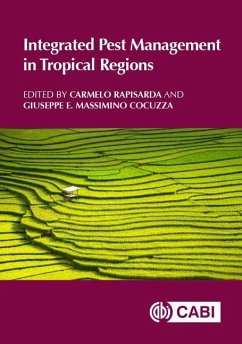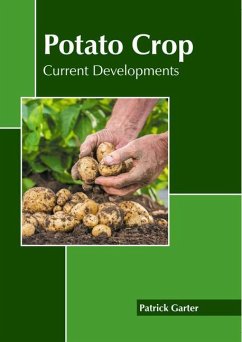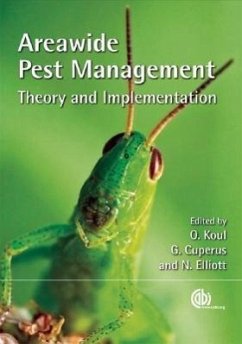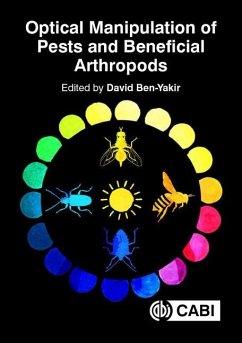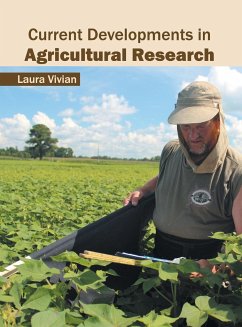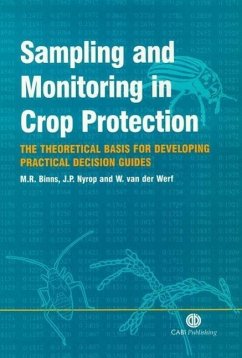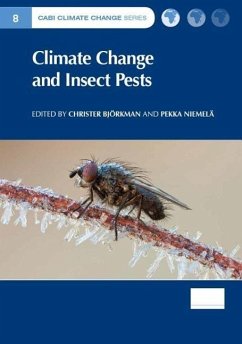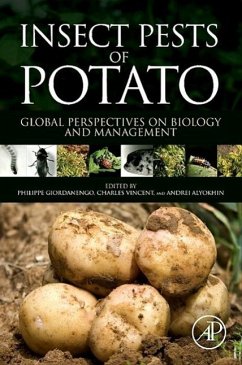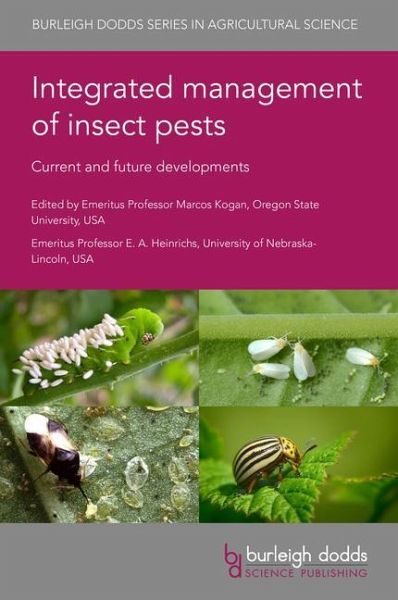
Integrated Management of Insect Pests: Current and Future Developments
Versandkostenfrei!
Nicht lieferbar
This volume reviews current developments in integrated pest management (IPM), focussing on insect pests. It discusses advances in understanding species and landscape ecology on which IPM is founded, as well as advances in cultural, physical and biological methods of control. The first part of the book reviews current developments in understanding insect species, community and agroecosystems ecology. This understanding provides the foundation for developing effective IPM programmes which work with ecosystems to keep pests from reaching damaging levels. Parts 2 and 3 then review advances in cult...
This volume reviews current developments in integrated pest management (IPM), focussing on insect pests. It discusses advances in understanding species and landscape ecology on which IPM is founded, as well as advances in cultural, physical and biological methods of control. The first part of the book reviews current developments in understanding insect species, community and agroecosystems ecology. This understanding provides the foundation for developing effective IPM programmes which work with ecosystems to keep pests from reaching damaging levels. Parts 2 and 3 then review advances in cultural, physical and, in particular, biological methods of control. Chapters cover developments in classical, conservation and augmentative biological control as well as the use of entomopathogenic fungi, viruses, nematodes and semiochemicals. The final parts of the book summarise current research on monitoring pesticide use as well as emerging classes of biopesticides. Edited by pioneers in IPM techniques, and including contributions from some of most eminent experts in the field, this will be a standard reference for the IPM research community, crop scientists, entomologists, companies involved in pesticides and crop pest management as well as government agencies monitoring and regulating pest management in agriculture.






